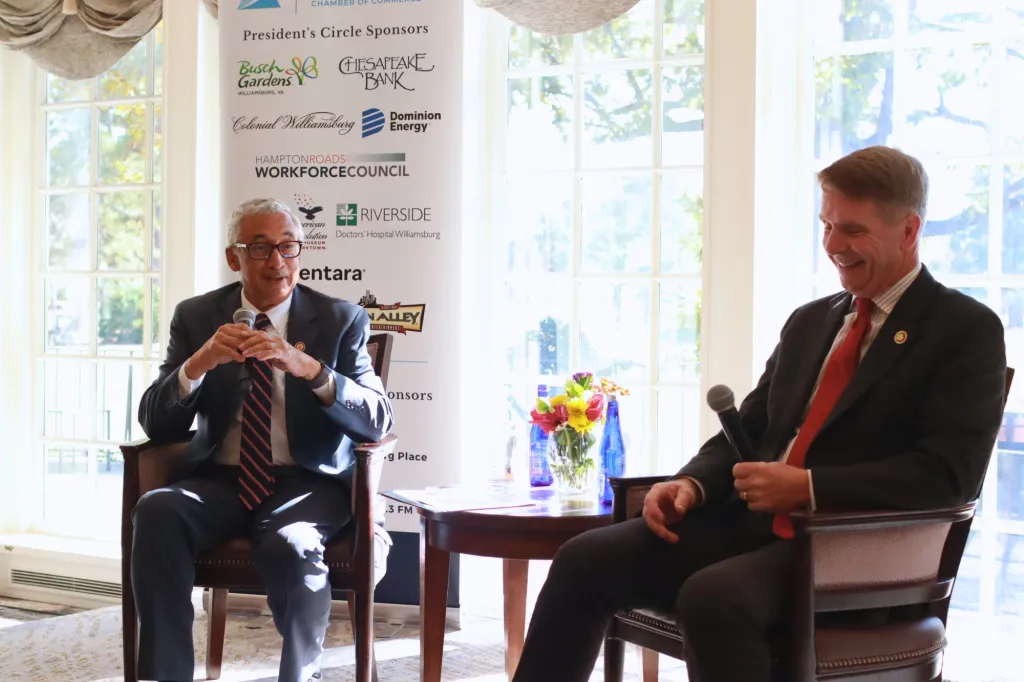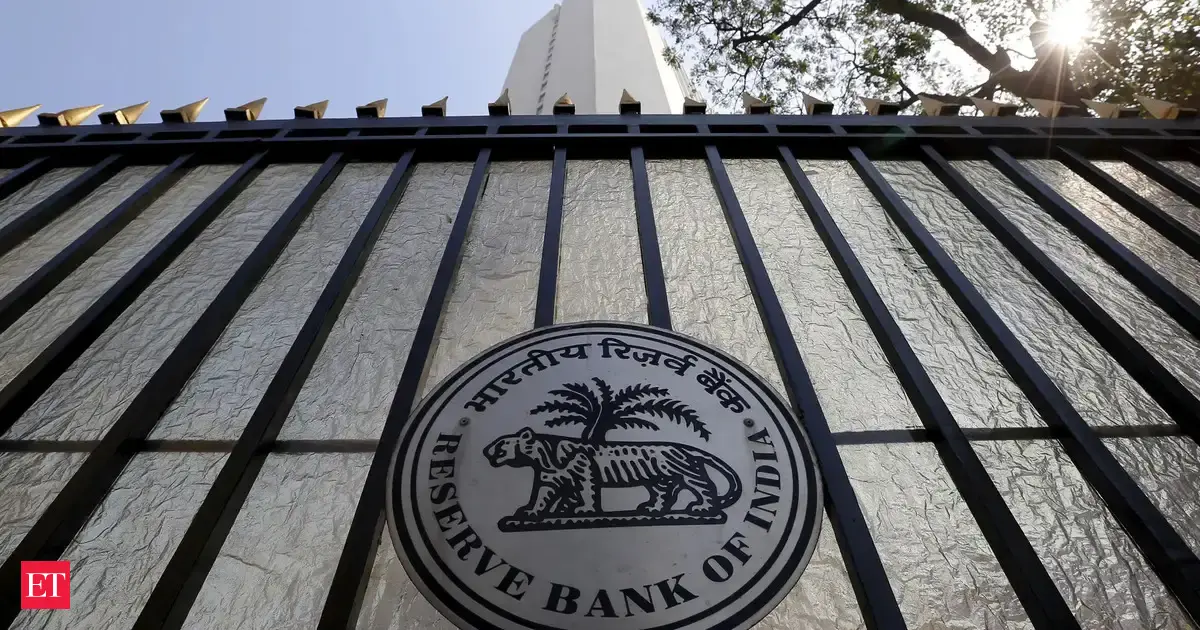Copyright Norfolk Virginian-Pilot

WILLIAMSBURG — U.S. congressmen Bobby Scott and Rob Wittman agreed Friday that the federal government shutdown was partially to blame for the outcome in last week’s state elections. Scott and Wittman, who represent districts in eastern Virginia, appeared together at an event hosted by the Greater Williamsburg Chamber of Commerce to talk about the current federal climate and its impact on local businesses and the community. The blue wave in Virginia during the Nov. 4 election indicated that many are unsatisfied with the current administration’s policies. Democrats swept the governor’s, lieutenant governor’s and attorney general’s races, and picked up 13 seats in the chamber to earn a supermajority. Four of the seats that flipped occurred in Hampton Roads districts. Both congressmen agreed the federal government shutdown was partially to blame for the voter outcome. Scott, a Democrat who has represented Virginia’s third congressional district in the U.S. House of Representatives since 1993, said he was pleased with the Democrat victories across the commonwealth, noting that in Northern Virginia voter turnout was comparable to a presidential election. “They were voting mad,” said Scott at Friday’s event held at the Williamsburg Inn. “That gives you an idea of the enthusiasm on one side. … The shutdown was a major factor.” While Wittman, a Republican who has served Virginia’s first congressional district since 2007, said he was disappointed with the results, he shared that the focus needs to be about what is best for Virginia. “The people have spoken,” he said. “We can have our disagreements, but at the end of the day it’s about getting things done and doing what is best for the commonwealth. Now we need to work together to make things happen.” Both sides have been at an impasse since Oct. 1, when the federal government shut down. Since then, thousands of federal employees have been furloughed or working without pay. Scott said there are some “real barriers to reopening the government,” as Democrats want some assurances in spending on issues like health care. A vote Sunday night will allow the Senate to move forward on compromise legislation that would reopen the government. Scott and Wittman agreed that the impact on workers has been difficult and something needs to change at the federal level in order to prevent people from missing paychecks when Congress is unable to agree on a budget. Wittman said that it is “illogical” to decide which employees are essential and which are not. “No business runs like that,” Wittman said. “Seventy percent of people live paycheck to paycheck, and that includes federal employees. This has gone on way too long.” Another hot button issue that was brought up in Friday’s discussion was the possibility of a congressional redistricting in Virginia, which would redraw the map and give Democrats more control. Currently, there are six Democrats and five Republicans represented in the House, but under the redistricting proposal, that would shift to 10 Democrats and one Republican. Scott called such a move “essential” in order to offset redistricting in Texas and Missouri that has given more Republicans control. Wittman, whose seat would likely be negatively impacted by the redistricting, said the current representation is more balanced, which is “the only way to be effective,” no matter who is in the White House. A potential redistricting is simply “about politics and not doing what is best for Virginia,” Wittman said. Scott and Wittman also discussed regional issues including tourism, transportation, health care and digital infrastructure. Both agreed there needs to be more collaboration in Hampton Roads when it comes to promoting area attractions, and that the expansion of the Hampton Roads Bridge Tunnel will have a huge impact once it is completed. Wittman also noted that the area has the potential to be a leader when it comes to the digital age, especially with regards to artificial intelligence. Improving digital infrastructure will be about the need for speed as well as connectivity, as more people are looking for access to everything anywhere they go. He cautioned in terms of AI, however, saying that he would like to see Congress have some control over what it does and doesn’t do. “AI is necessary, but I am concerned,” Wittman said. “It should only be used for the purposes of good.” Brandy Centolanza, bcentolanza@cox.net



